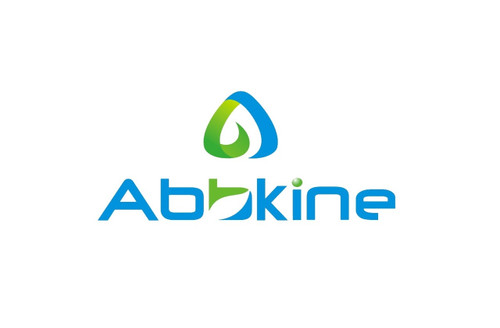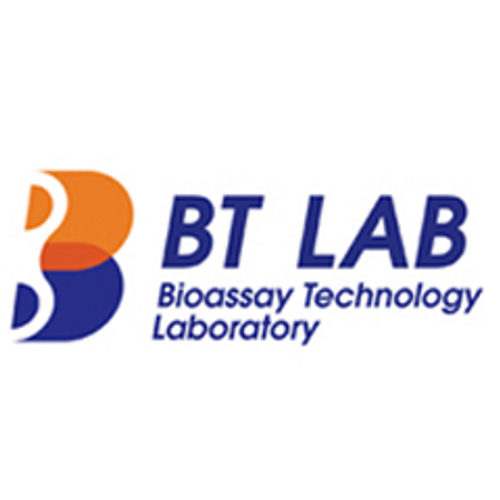Product Description
Mouse Keratinocyte Growth Factor (KGF/FGF-7) ELISA Kit | AE58756MO | Abebio
Species Reactivity: Mouse (Mus musculus)
Abbreviation: FGF7
Alternative Name: HBGF-7; KGF; fibroblast growth factor 7|heparin-binding growth factor 7|keratinocyte growth factor
Application: ELISA
Range: 7.8-500 pg/mL
Sensitivity: 2.8 pg/mL
Intra-Assay: ≤6.8%
Inter-Assay: ≤8.4%
Recovery: 1, 02
Sample Type: Serum, Plasma, Other biological fluids
Detection Method: Sandwich
Analysis Method : Quantitive
Test Principale: This assay employs a two-site sandwich ELISA to quantitate FGF7 in samples. An antibody specific for FGF7 has been pre-coated onto a microplate. Standards and samples are pipetted into the wells and anyFGF7 present is bound by the immobilized antibody. After removing any unbound substances, a biotin-conjugated antibody specific for FGF7 is added to the wells. After washing, Streptavidin conjugated Horseradish Peroxidase (HRP) is added to the wells. Following a wash to remove any unbound avidin-enzyme reagent, a substrate solution is added to the wells and color develops in proportion to the amount of FGF7 bound in the initial step. The color development is stopped and the intensity of the color is measured.
Product Overview: Keratinocyte growth factor is a protein encoded by this gene is a member of the fibroblast growth factor (FGF) family. FGF family members possess broad mitogenic and cell survival activities, and are involved in a variety of biological processes, including embryonic development, cell growth, morphogenesis, tissue repair, tumor growth and invasion. This protein is a potent epithelial cell-specific growth factor, whose mitogenic activity is predominantly exhibited in keratinocytes but not in fibroblasts and endothelial cells. Studies of mouse and rat homologs of this gene implicated roles in morphogenesis of epithelium, reepithelialization of wounds, hair development and early lung organogenesis.
Stability: The stability of ELISA kit is determined by the loss rate of activity. The loss rate of this kit is less than 5% within the expiration date under appropriate storage condition. The loss rate was determined by accelerated thermal degradation test. Keep the kit at 37°C for 4 and 7 days, and compare O.D.values of the kit kept at 37°C with that of at recommended temperature. (referring from China Biological Products Standard, which was calculated by the Arrhenius equation. For ELISA kit, 4 days storage at 37°C can be considered as 6 months at 2 - 8°C, which means 7 days at 37°C equaling 12 months at 2 - 8°C) .
 Euro
Euro
 USD
USD
 British Pound
British Pound
 NULL
NULL








